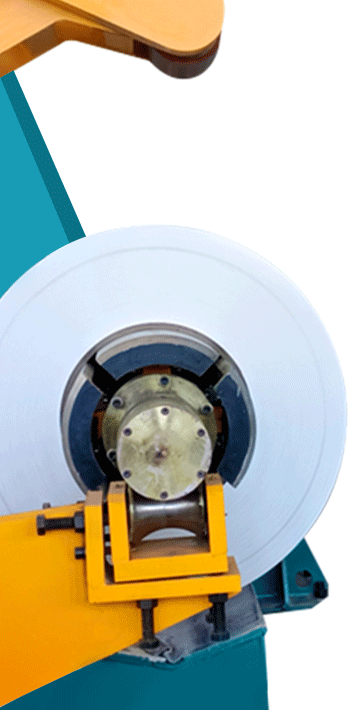Perforated aluminium screens are metal panels with custom hole patterns, providing a balance of aesthetics, ventilation, and privacy. They are widely used in architectural, industrial, and decorative applications.
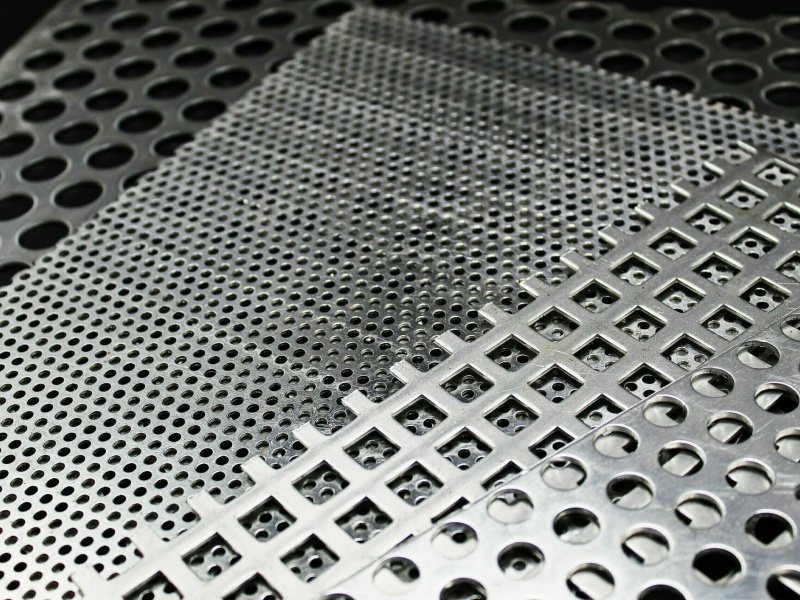
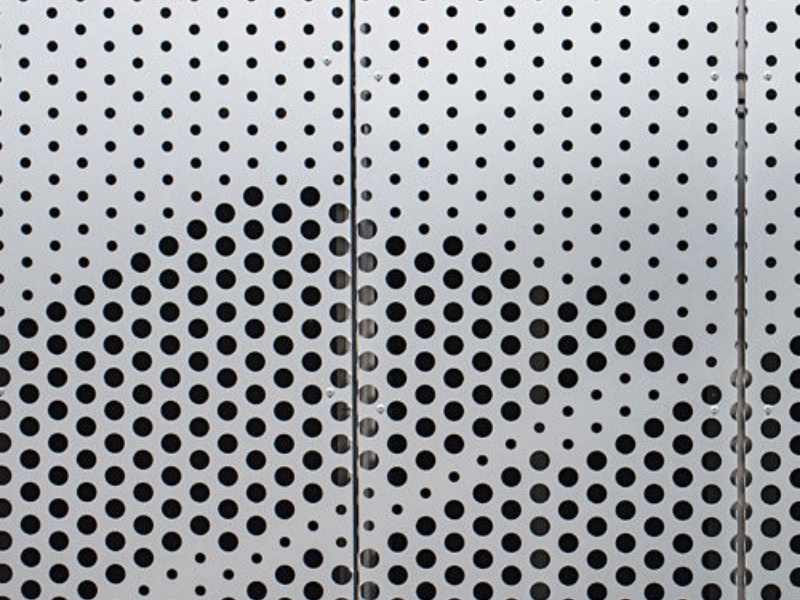
Benefits
- Lightweight & Durable – Resistant to rust and corrosion.
- Modern Aesthetic Appeal – Enhances architectural designs.
- Good Airflow & Light Control – Provides ventilation and shade.
- Versatile Applications – Suitable for facades, partitions, and ceilings.
- Eco-Friendly – 100% recyclable and sustainable.
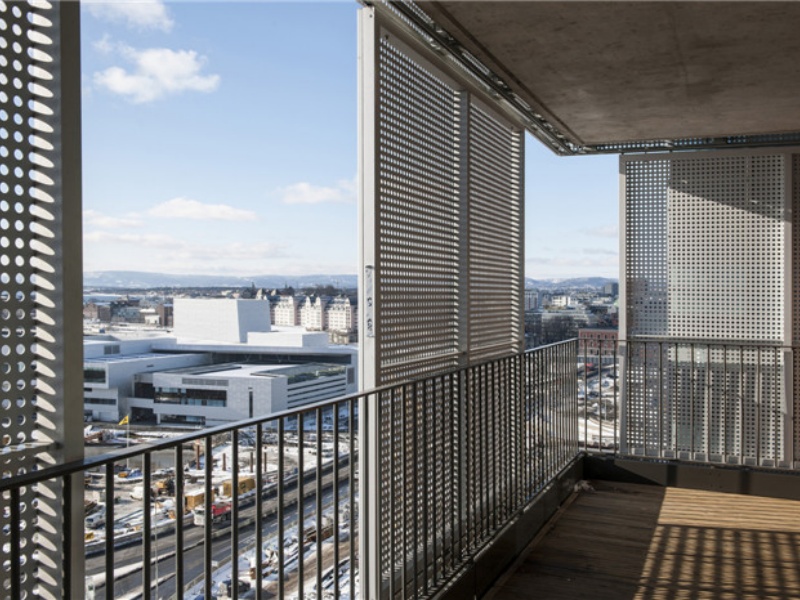
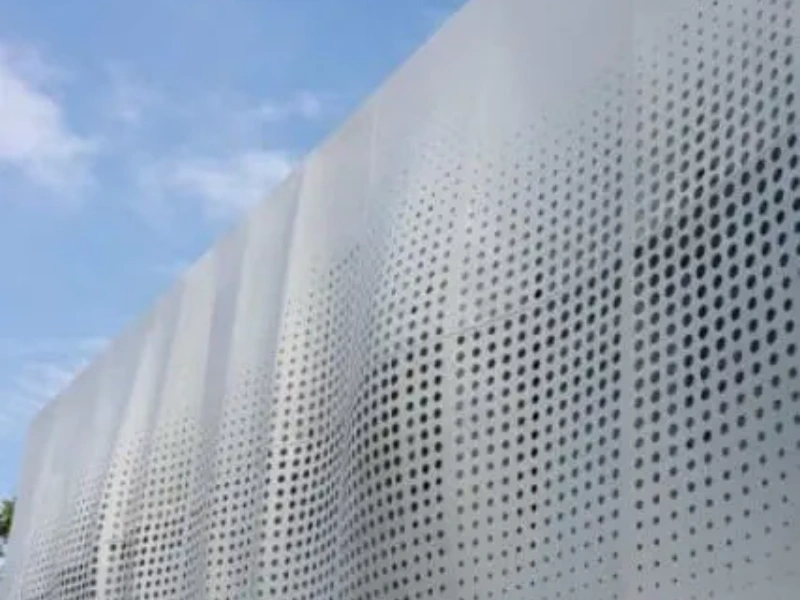
Aluminum Perforated Sheet for Architectural Ceiling
Perforated aluminium sheets are commonly used for architectural ceilings, offering:
- Noise Reduction – Enhances acoustics in large spaces.
- Modern Design – Adds elegance and texture to interiors.
- Airflow & Lighting Benefits – Allows light diffusion and ventilation.
- Fire Resistance – Provides additional safety in buildings.
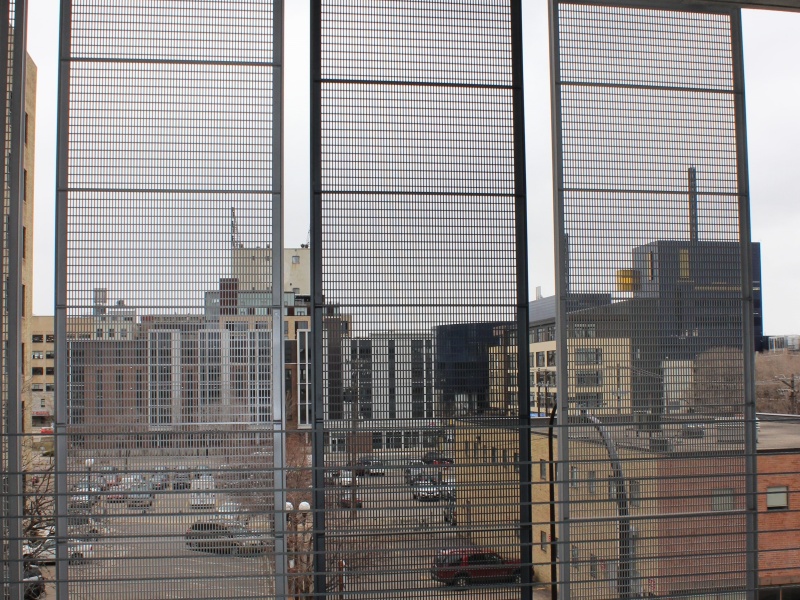
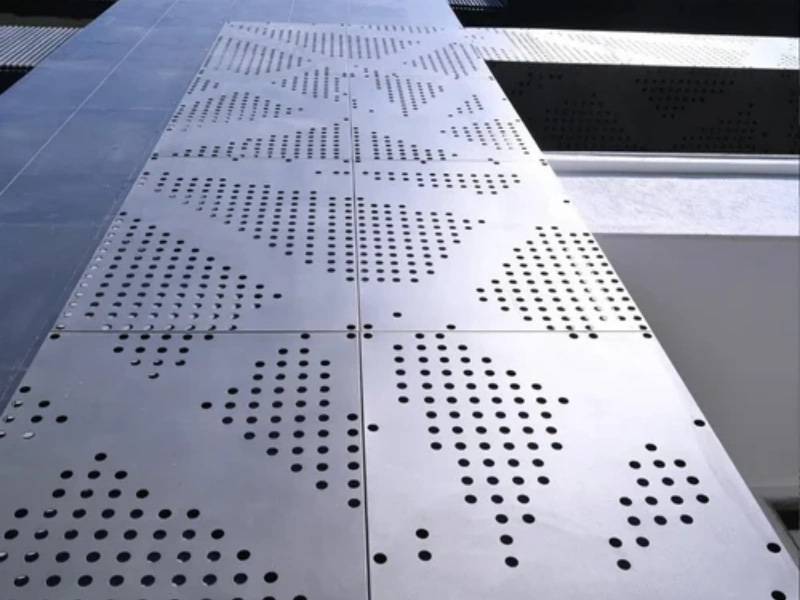
What Is the Difference Between Mesh and Perforated Screen?
Mesh Screens:
- Made from woven or expanded metal.
- Flexible and ideal for filtration and security.
- Typically has uniform openings throughout.
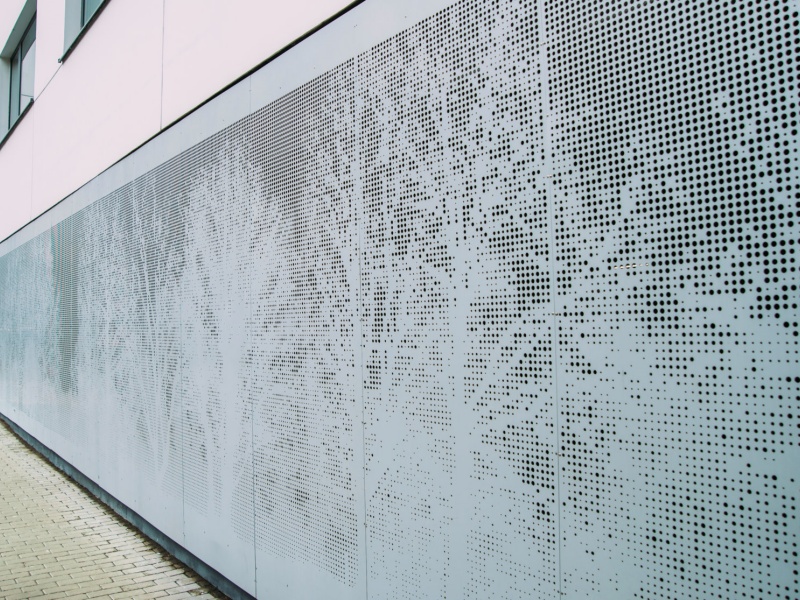
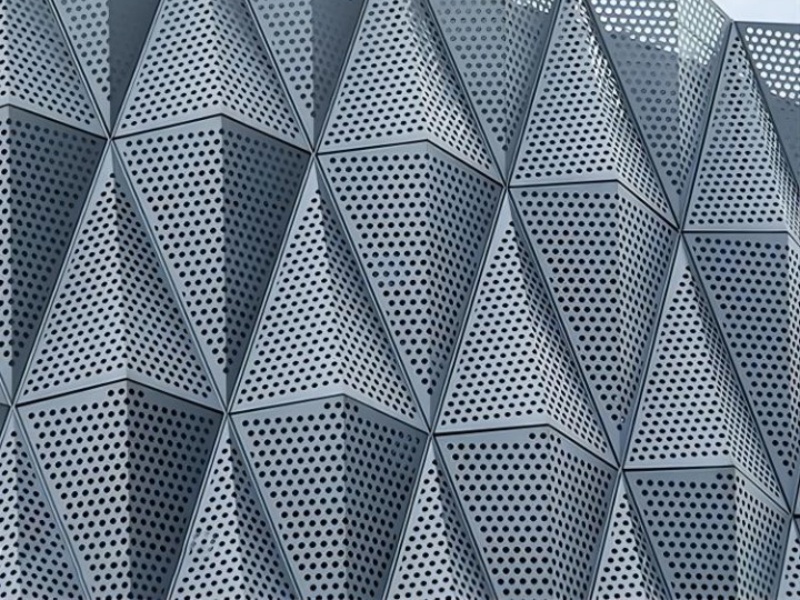
Perforated Screens:
- Created by punching holes in a metal sheet.
- More rigid and offers a variety of designs.
- Used in architecture, ventilation, and decorative applications.
What Are the Uses of Perforated Aluminum Sheets?
Perforated aluminium sheets are widely used in various industries, including:
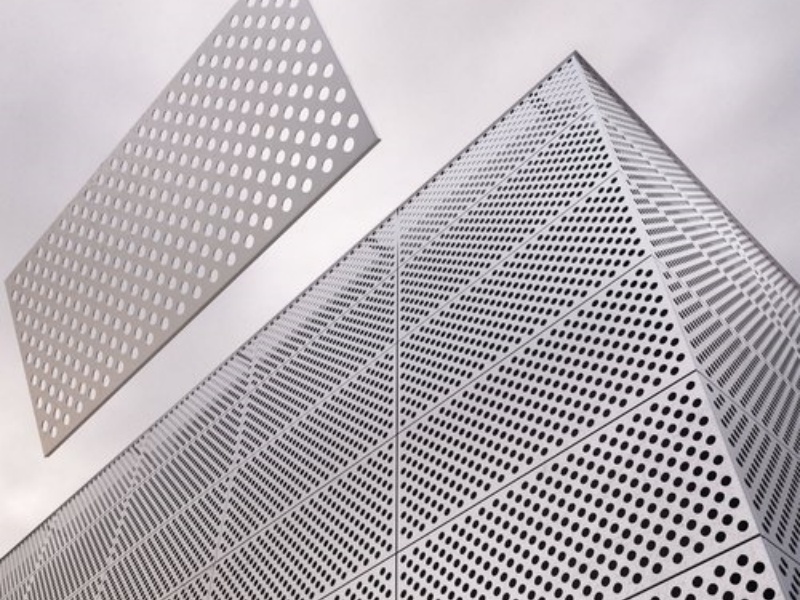
Architectural & Decorative Applications
- Facades and cladding panels.
- Privacy screens and sunshades.
- Interior partitions and ceilings.
Industrial & Engineering Applications
- Machine guards and enclosures.
- Noise control and ventilation panels.
- Air and liquid filtration systems.
Furniture & Design
- Decorative furniture and wall panels.
- Lighting covers and shelving units.
- Artistic and custom design elements.
Residential Uses
- Privacy screens for balconies and gardens.
- Ventilation panels for HVAC systems.
- Decorative elements like lampshades and furniture.
What Are the Disadvantages of Perforated Metal?
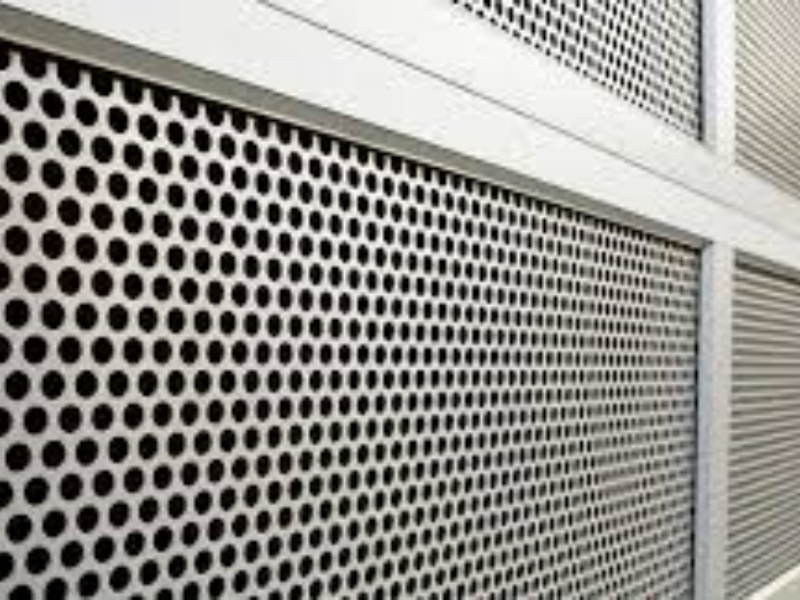
While perforated metal screens offer many advantages, they also have some limitations:
- Cost – Custom patterns may increase expenses.
- Structural Strength – Large perforations can reduce durability.
- Limited Privacy – Some designs may not provide full coverage.
- Maintenance – Dirt and debris can accumulate in perforations.
Perforated Metal Screen Wall
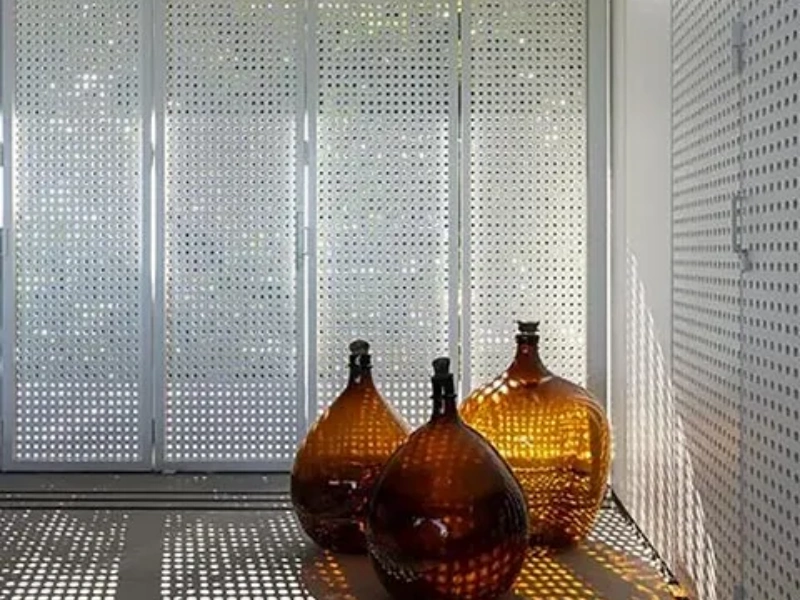
A perforated metal screen wall is a modern solution for ventilation, aesthetics, and privacy. These walls are commonly used in:
- Building Facades – Enhancing exterior design and airflow.
- Privacy Partitions – Creating stylish room dividers.
- Sun Protection Panels – Reducing heat and glare.
- Public Spaces & Urban Design – Improving airflow and safety.
Why Choose Worthwill for Perforated Aluminium Screens?
- Factory Direct Pricing – Affordable and high-quality solutions.
- Custom Sizes & Patterns – Tailored designs for your needs.
- High Durability & Corrosion Resistance – Long-lasting materials.
- Fast Delivery & Expert Support – Reliable service for all projects.
Looking for premium perforated aluminium screens? Worthwill provides top-quality materials for various architectural and industrial applications. Contact us today for a quote!
Perforated aluminium screens are a versatile and practical solution for a wide range of applications, from architectural ceilings to industrial uses. Their durability, customization options, and aesthetic appeal make them a preferred choice for designers and engineers alike. If you’re looking for a reliable material that combines functionality and style, perforated aluminium screens are an excellent option.

